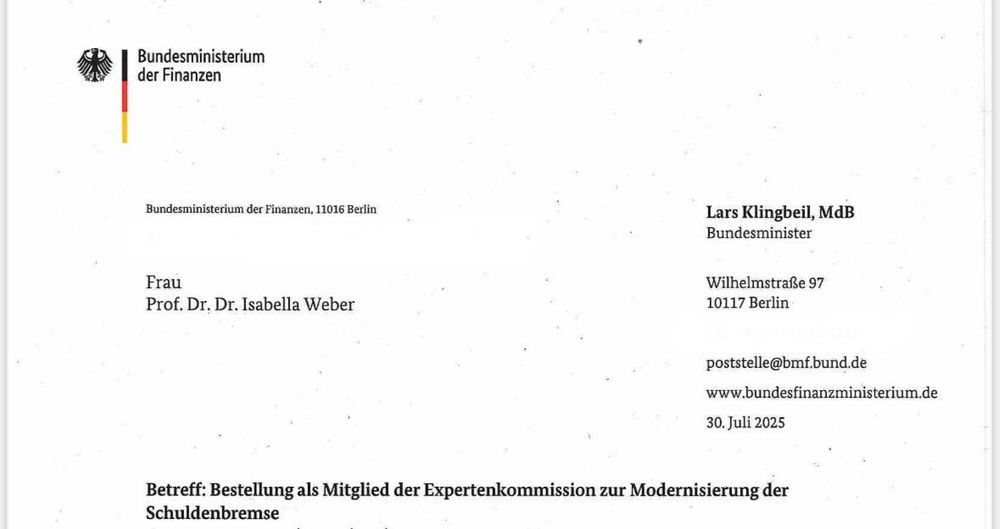Andrei Sterescu
@andreisterescu.bsky.social
320 followers
350 following
190 posts
Economist @ec.europa.eu ECFIN | Formerly @ecb.europa.eu | European 🇪🇺 and International Economic Policy | Views are my own and do not represent those of my employer
Posts
Media
Videos
Starter Packs
Pinned
Reposted by Andrei Sterescu
Reposted by Andrei Sterescu
Reposted by Andrei Sterescu
Reposted by Andrei Sterescu
Reposted by Andrei Sterescu
Reposted by Andrei Sterescu
Reposted by Andrei Sterescu
















